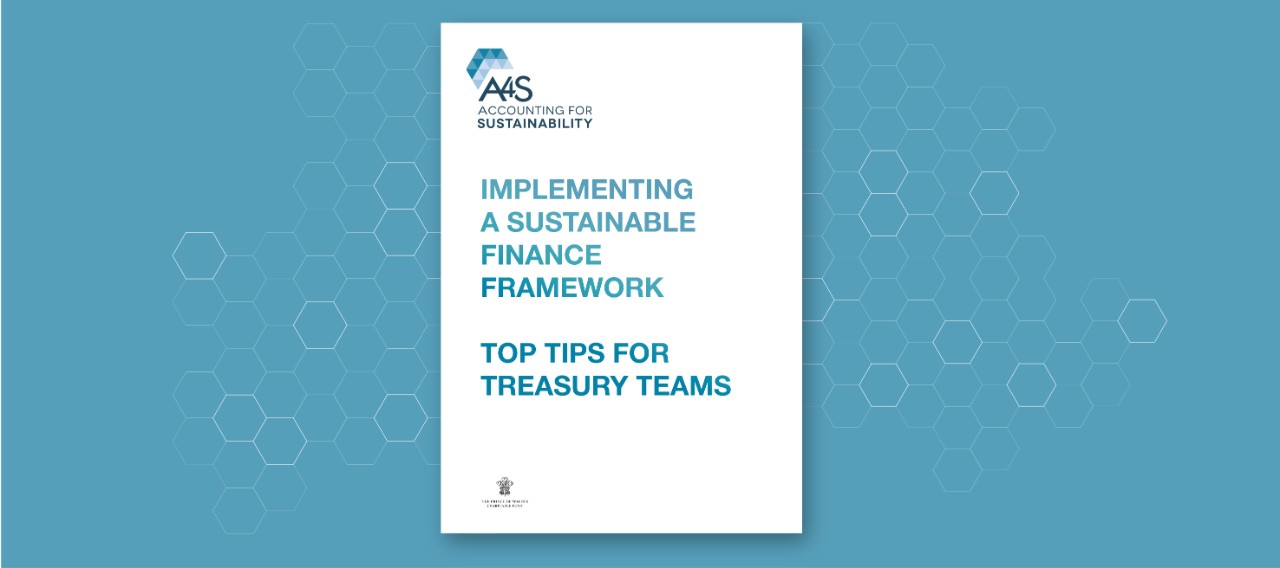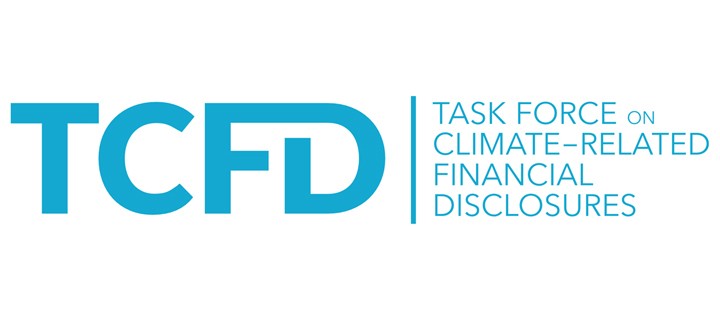TCFD adoption continues to grow
Nearly three years on from the launch of the recommendations of Task Force on Climate-related Financial Disclosures (TCFD), 85 CFOs, accounting body CEOs and pension fund chairs from around the world have now committed to lead their organization’s work to implement the TCFD recommendations, and work with peers to share practical insights to help adoption.
The world has changed since the launch of the TCFD recommendations. There has been unprecedented growth in momentum around climate action, but the resilience of society as a whole has been tested by the effects of the COVID-19 pandemic. It is perhaps now relevant to ask “what part can TCFD play in our economic recovery?” If markets are to allocate capital for sustainable growth, transparency over climate risks and opportunities is essential. Accounting for risk must be a priority, as should managing exposure to those risks. TCFD can clearly play an instrumental role in this. For this reason, some governments have decided to make bailout packages conditional on adopting the TCFD recommendations, for example in Canada. Many others are continuing to take steps to make the TCFD requirements mandatory in the next few years. Growing numbers of investors are asking companies to adopt the recommendations, including the world’s largest asset managers, BlackRock and State Street. For companies, early adoption ensures that the organization is ready to respond to these demands, and use the insights gained through the process to improve resilience, manage climate-related risks and opportunities and develop a strategic response.
The growing list of CFOs working together to implement the TCFD recommendations as part of A4S’s CFO programme come from organizations based in 18 different countries, showing the continued relevance of climate-related financial disclosure across a broad range of geographies and sectors. The CFOs who have most recently committed to the A4S CFO Leadership Network Statement of Support are:
- Claus Aagaard, Chief Financial Officer, Mars
- Philippe Blondiaux, Chief Financial Officer, Chanel
- Simon Carter, Chief Financial Officer, British Land
- Jason Clark, Chief Financial Officer, Bristol Airport
- Birgit Conix, Group Chief Financial Officer, TUI
- Tim Harris, Chief Financial Officer, Direct Line Group
- Chris O'Shea, Group Chief Financial Officer, Centrica
- Seppo Parvi, Chief Financial Officer, Stora Enso
- George Quinn, Group Chief Financial Officer, Zurich Insurance Group
- Zane Rowe, Executive Vice President and Chief Financial Officer, VMWare
- Jonathan Simmons, Chief Financial Officer, Ontario Municipal Employees Retirement System (OMERS)
- Harmit Singh, Executive Vice President and Chief Financial Officer, Levi Strauss & Co.
The TCFD recommendations, first released in 2017, respond to a growing trend among the investor and regulatory communities to demand improved financial disclosures from companies in relation to climate risks. This is an important intervention for finance to address climate change, which poses major social and economic risks. Companies and investors are already being affected by the transition to a net zero carbon economy and the physical impacts of climate change, the effects of which will only increase over time.
The TCFD provides a framework for disclosing climate-related financial risks and opportunities, going beyond current practices in two significant ways:
- Inclusion in mainstream financial filings
- Using scenario analysis to inform business strategy
This points towards a managed transition to a net zero economy, where risk can be managed and the incentives to invest in sustainable business models becomes the norm.
What adopters of the recommendations have said
Those adopting the recommendations tell us that they have experienced:
- More informed strategic planning
- Increased awareness and therefore better risk management
- Easier or better access to capital by increasing investors’ and lenders’ confidence
- Enhanced response to existing disclosure requirements
- Reduced climate-related information requests from investors
TCFD Survey results
We have also conducted a survey of our TCFD signatories, which has revealed a high level of internal uptake, but also identified some remaining challenges for further implementation.
The challenges revealed in the survey include:
- Having access to the right and accurate data for conducting scenario analysis
- Defining scenarios that are relevant to the business, and determining the financial impact
- Developing climate-related financial risk assessment methodologies
- Standardizing measures and reporting on climate-related metrics and targets, with the methodology documented and auditable
A4S will continue to support the implementation of the TCFD recommendations by finance teams. Bringing together the experience and knowledge of our CFO Leadership Network, Accounting Bodies Network and Asset Owners Network, our work will focus on addressing some of the challenges listed above. Stay tuned to our knowledge hub and sign up to our newsletter.
Additional resources:
Read
Top tips for implementation
Explore
TCFD practical examples
On demand webinar
TCFD For Finance Professionals: Understanding and Applying the Recommendations of the TCFD - speakers from A4S, Ceres and Verizon
Watch
Top tips video with Julie Brown, Chief Financial Officer, Burberry
Watch
Top tips video with Manjula Chummun, Head of Finance - Sustainability, Tesco



